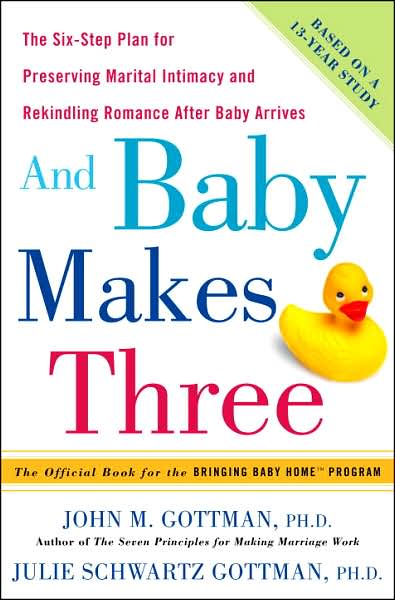 Nat and I have made a lot of progress with our EFT therapist during the past 8 months. It has been both exciting and exhausting, and sometimes I have not looked forward AT ALL to going. It has been hard work. Despite that, we are now a lot more understanding and patient with each other, and most importantly to me we know each other a lot better. The connection is stronger, and we don't as easily get caught in those same problems over and over again.
Nat and I have made a lot of progress with our EFT therapist during the past 8 months. It has been both exciting and exhausting, and sometimes I have not looked forward AT ALL to going. It has been hard work. Despite that, we are now a lot more understanding and patient with each other, and most importantly to me we know each other a lot better. The connection is stronger, and we don't as easily get caught in those same problems over and over again.There are a lot of reasons why I want the best relationship possible, but an important one is to be a good example for others in committed relationships, and a positive influence on society in general. We ALL have challenges (sometimes quite significant, sometimes minor). Some relationships just don't work out.
I want to continually learn and grow in my relationship, and inspire others to get out of their comfort zone and get to work as well. Improving one's relationship is not just for "those people" who have "problems"... Also, not to single out men, but so often it seems their hubris is in the way of really getting to work on their relationships. If you're one of those men (or women), GET OVER YOURSELF! :)
The principle for July is to build and expand Love Maps. This is how much cognitive room (space in your brain!) you have for your partner. How well do you know them and their world? Do you know what has been bothering them lately? What have they enjoyed doing this week? Their favorite (or least-favorite) relative? What they think about organic food or how they feel about the book they are reading?
Take this quiz to find out how well you know your partner. Then, go ask your them an open-ended question (one that can't be answered with a 'yes' or 'no'). Ask them what they think or feel about something, and then listen. Put your thoughts on hold and just get to know their world. Surprisingly, a lot of couples don't ask each other very many questions like this. We should be continually building on what we know about those we care about, and they should feel known by us. This is very important to do over the course of one's relationship because people grow and change.
Love Maps are also the foundation for all good friendships, not just romantic relationships, so this principle applies to everyone!







